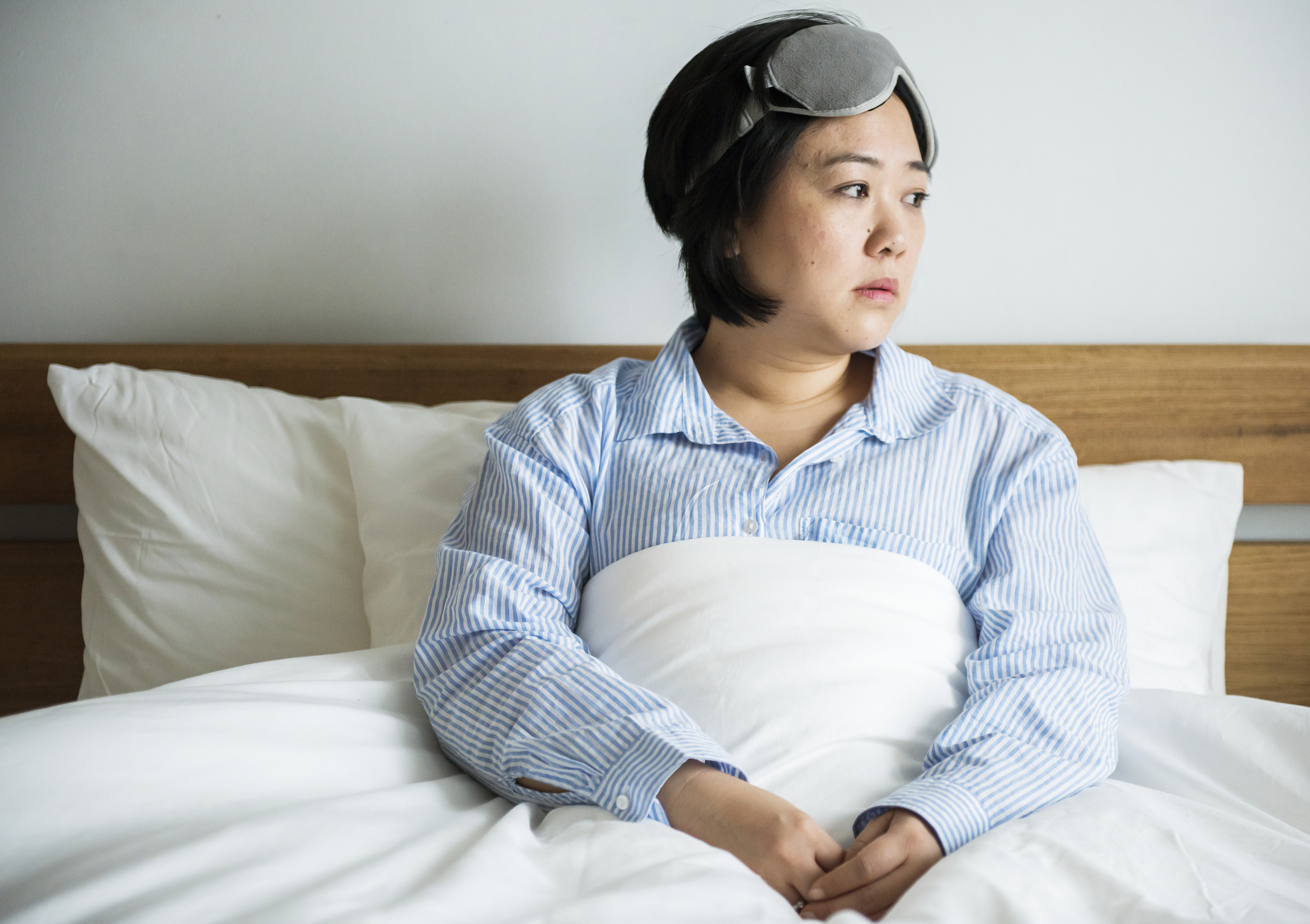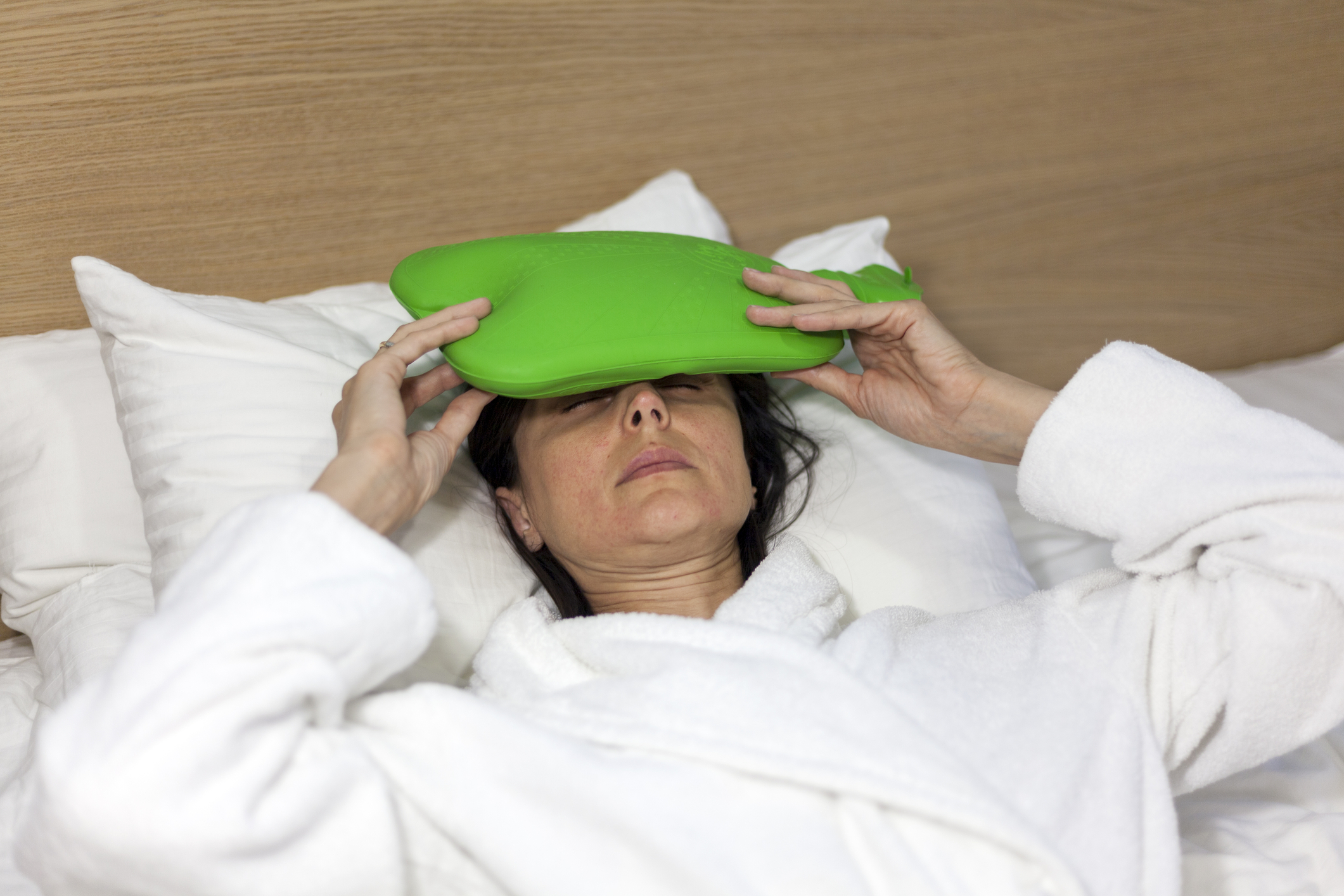Top 5 Astounding Facts About The Mysterious Exploding Head Syndrome You Need To Know
Exploding Head Syndrome, despite its shockingly sensational name, is a relatively unusual yet benign condition that leads to the perception of loud, exploding noises just before sleep or during the transition into waking. The syndrome isn't associated with physical pain but can be rather terrifying for those who experience it. Appreciating the depth of this bizarre phenomenon necessitates a closer look at the captivating details surrounding it.
This phenomenon might occur episodically, with varying frequency. Some individuals might experience it daily, while others may encounter it only a few times in their lifetime. Imagine being sound asleep or just about to drift off, and suddenly, an intense and abrupt “BOOM” goes off in your head. Scary, isn’t it?
Medical theories suggest that EHS is an example of a "hypnagogic" phenomenon, experiences that exist in the boundary between wakefulness and sleep. Common hypnagogic phenomena include sleep paralysis and the sensation of falling, to name a few. Equal parts fascinating and perplexing, EHS continues to puzzle medical experts and patients alike.
Prevalence: Not as Uncommon as You Might Think

EHS is often considered a rare syndrome, but research tells a different story. A study published in the Journal of Sleep Research affirms that nearly 13.5 percent of people experience EHS at least once in their lifetime. The condition is equally prevalent among both genders, making it a more common phenomenon than widely believed.
Surprisingly, age does not seem to play a significant role in the incidence rate of EHS. The onset of the syndrome varies - some people might experience their first episode in their early 20s, while for others, it may commence post 50 years of age. This consistent occurrence across different age groups adds another layer to the enigma of EHS.
Triggers and Stress: The Hidden Connection

Although the exact causes of EHS remain elusive, studies indicate a strong correlation between stress, extreme fatigue, and the onset of the syndrome. Psychological and emotional stress is often revealed to be a precursor to experiencing EHS.
According to a study in the Journal of Clinical Sleep Medicine, stressful phases or instances of emotional turmoil might stimulate the auditory neurons, creating a sensation of loud explosion in the brain. The specific relationship between these factors further underlines the complex nature of the syndrome and its elusive triggers.
Auditory Hallucination: Misperception or Malfunction

Is EHS simply a case of misperception, or does it indicate an auditory malfunction? Researchers believe that EHS might actually be an extreme form of auditory hallucination, rather than an indicator of auditory system dysfunction.
Neuroimaging studies have shown that in EHS, the brain's auditory networks might be hyperactive during transitional sleep stages, causing the individual to perceive sudden, loud noises. In other words, it isn't your ears misleading you; it's your brain playing tricks on you, highlighting how mysterious the syndrome truly is.
EHS & Sleep Disorders: An Unusual Association

EHS is often accompanied by or occurs in conjunction with other sleep disorders such as insomnia, sleep paralysis, or REM sleep behavior disorder, according to a study published in Sleep Medicine Reviews. This raises interesting queries about whether the presence of these disorders might exacerbate EHS symptoms or if EHS might, in return, influence these sleep disorders' progression.
Despite this corporate existence, EHS remains a standalone condition and is not viewed as a symptom of any other neurological or psychiatric disorder. The association between EHS and sleep disorders underlines the intricate network of the human brain and the dynamic factors that influence our sleep.
Coping Mechanisms & Therapeutic Interventions

If you're among those who've experienced the jarring sensation of EHS, take heart. There are several ways to cope with and potentially alleviate the symptoms of EHS. Cognitive Behavioral Therapy (CBT) has demonstrated promise in managing EHS, primarily by helping individuals alter their reaction to the startling noises.
Moreover, relaxation techniques, stress management, and maintaining a regular sleep schedule could potentially lessen the frequency of EHS episodes. While more rigorous studies are needed to establish the effectiveness of these interventions, the current findings provide hope to the ones affected by this puzzling condition. The understanding and management of EHS continue to evolve, much like our broader understanding of sleep and the mysteries it continues to unfurl.